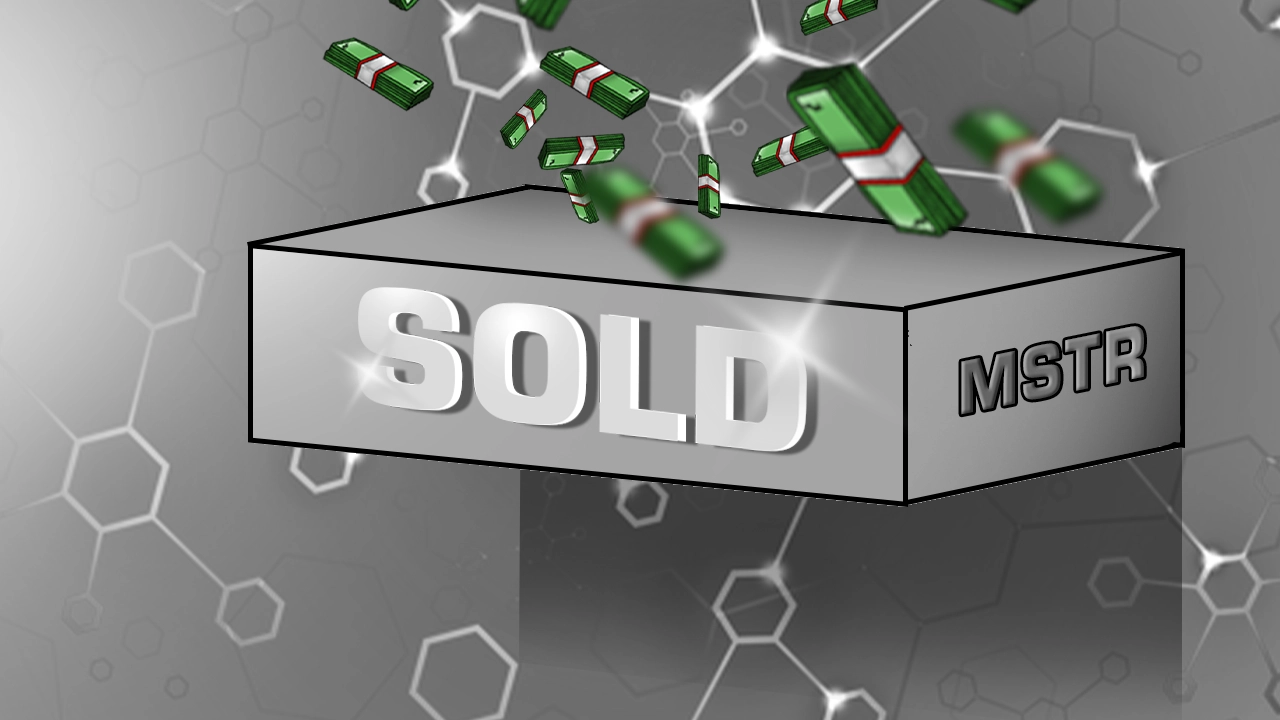Catenaa, Wednesday, July 02, 2025- South Korea lifted a 14-year ban on domestic financial institutions investing in kimchi bonds, signaling a major shift to attract foreign capital and stabilize the Korean won amid economic headwinds.
The Bank of Korea had imposed the ban in 2011 to avoid currency mismatches among local issuers but reversed course as the won weakened and foreign currency liquidity tightened.
The won surged 1.2% to 1,347 per dollar following the announcement, marking its strongest level in eight months, though it later gave back some gains.
The currency has appreciated about 8% this year, helped by a new government promising increased fiscal spending and facing US pressure to boost the won’s value during trade negotiations.
South Korea’s foreign exchange reserves dropped to a five-year low in May, prompting authorities to take measures to increase dollar inflows.
These steps include raising hedging limits, loosening restrictions on foreign currency lending by domestic banks, and expanding forex swap lines.
Kimchi bonds, foreign currency debt issued domestically, were previously mainly issued by foreign subsidiaries of Korean companies.
The ban lift now allows more domestic firms to issue kimchi bonds, increasing demand for won as issuers convert foreign currency debt for domestic use.
Hwang Sei-woon, senior research fellow at Korea Capital Market Institute, said the move reflects growing recognition that the won is undervalued relative to fundamentals and signals government efforts to open the forex market further while strengthening the currency’s long-term outlook.


